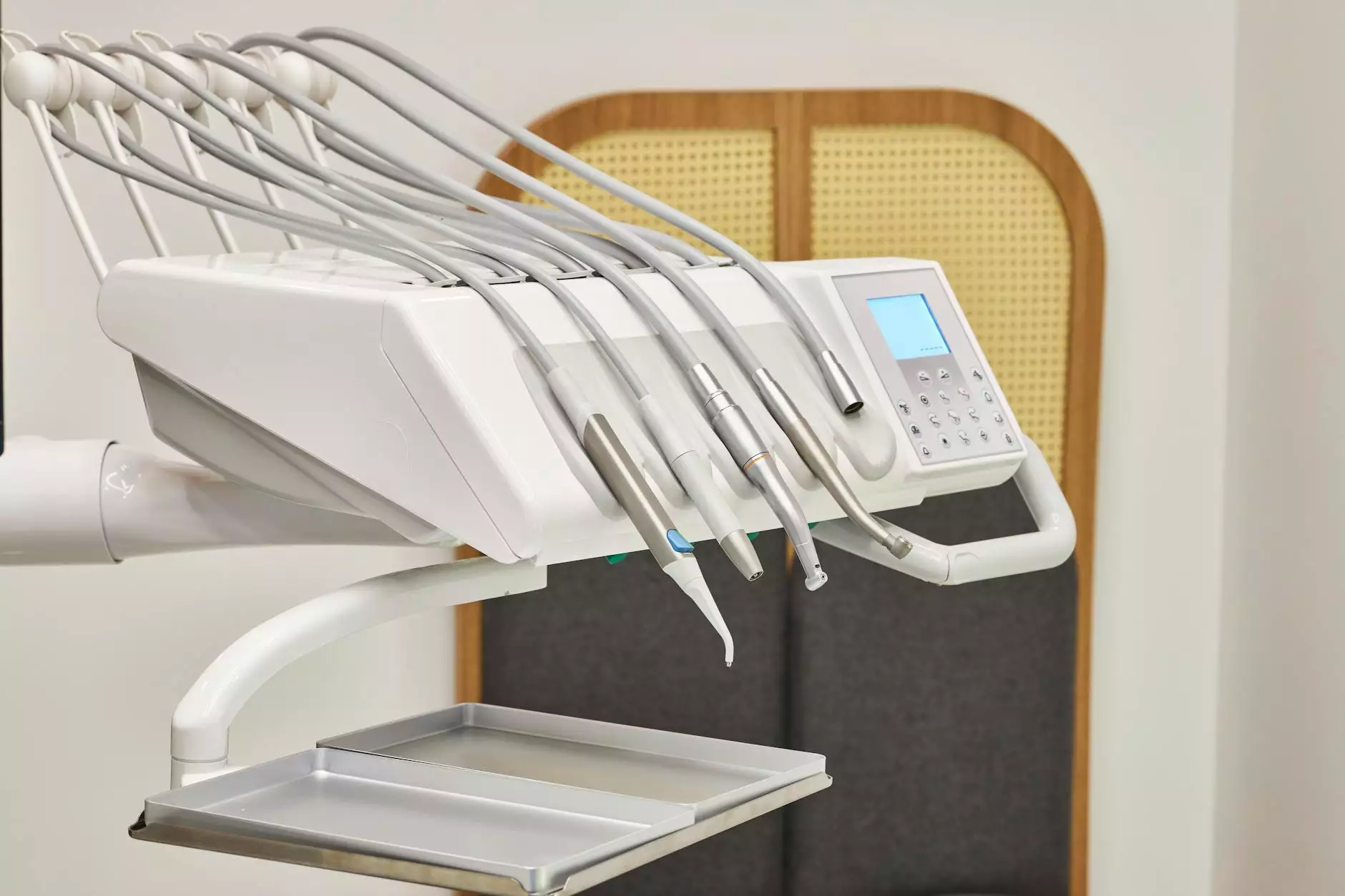Risks of HRT After Hysterectomy - A Comprehensive Guide

When it comes to hormone replacement therapy (HRT) after hysterectomy, it is important to be well-informed about the potential risks and benefits. HRT is commonly used to manage menopausal symptoms in women who have undergone a hysterectomy. However, like any medical intervention, it is essential to weigh the pros and cons to make an informed decision.
The Importance of HRT after Hysterectomy
After undergoing a hysterectomy, some women experience menopausal symptoms due to the removal of the uterus and sometimes the ovaries. These symptoms may include hot flashes, night sweats, vaginal dryness, mood swings, and decreased libido.
HRT, also known as hormone therapy, is often prescribed to alleviate these menopausal symptoms. It involves replacing the hormones, such as estrogen and progesterone, that the body can no longer produce at the same levels. The primary goal of HRT is to improve quality of life and provide relief from troublesome symptoms.
The Benefits of HRT after Hysterectomy
One of the main benefits of HRT after hysterectomy is the alleviation of menopausal symptoms. Many women find great relief from symptoms that can significantly impact their daily lives. HRT can reduce hot flashes, night sweats, and insomnia, allowing for better sleep quality and overall well-being.
In addition to symptom relief, HRT has been associated with other potential benefits. Studies suggest that estrogen therapy may help maintain bone density, reducing the risk of osteoporosis and fractures. It may also decrease the risk of colorectal cancer and improve the elasticity of blood vessels, potentially reducing the risk of cardiovascular disease.
Potential Risks of HRT after Hysterectomy
While HRT can offer numerous benefits, it is crucial to be aware of the potential risks and discuss them with your healthcare provider. Every woman's situation is unique, and the decision to pursue HRT should be made based on an individualized assessment of the potential risks and benefits.
1. Increased Risk of Blood Clots
One of the primary concerns associated with HRT, especially estrogen therapy, is an increased risk of blood clots. Estrogen can promote blood clot formation, which may lead to serious conditions such as deep vein thrombosis (DVT) or pulmonary embolism. Certain factors, such as age, obesity, and a history of blood clots, may further increase the risk.
2. Increased Risk of Stroke
Research has shown that HRT, particularly when initiated in older women, may slightly increase the risk of stroke. This risk varies depending on factors such as the type of hormone therapy, dosage, and duration of use. It is important to discuss your specific situation with your healthcare provider to assess individual risks.
3. Increased Risk of Breast Cancer
There have been concerns raised about the potential link between HRT and breast cancer. Several studies have indicated a slightly increased risk of breast cancer associated with long-term estrogen and progesterone hormone therapy. However, the absolute increase in risk is relatively small, and the decision to use HRT should consider the individual's risk factors and overall health status.
4. Increased Risk of Ovarian Cancer
Estrogen-only HRT used in women with a history of hysterectomy has been associated with a potential increased risk of ovarian cancer. However, this risk is still debated, and more research is needed to provide conclusive evidence. If you have concerns about ovarian cancer risk, it is essential to discuss them with your healthcare provider.
5. Other Potential Risks
While the risks mentioned above are some of the most commonly discussed, it is worth noting that hormone therapy may also have other side effects. These can include bloating, breast tenderness, mood swings, headaches, and nausea. It is important to communicate any unusual symptoms to your healthcare provider.
Individualized Decision-Making
Deciding whether to pursue HRT after hysterectomy requires a personalized approach. Factors such as age, overall health, individual risk factors, and severity of menopausal symptoms should be considered. It is crucial to have an open and honest discussion with your healthcare provider to evaluate the potential risks and benefits in your situation.
Your healthcare provider will consider your medical history, family history, and any previous surgeries to help determine the most appropriate therapy for you. They may recommend other non-hormonal alternatives or different types of HRT based on your specific needs and preferences.
Conclusion
In summary, the decision to use HRT after hysterectomy requires careful consideration of the potential risks and benefits. While HRT can provide significant relief from menopausal symptoms and offer additional benefits such as maintaining bone density, it is crucial to understand and discuss the potential risks with your healthcare provider.
At drseckin.com, our team of trusted doctors specializes in obstetrics and gynecology. We prioritize patient education and personalized care to ensure you make informed decisions about your health. Contact us today to schedule a consultation and discuss the best options for managing menopausal symptoms after hysterectomy.









